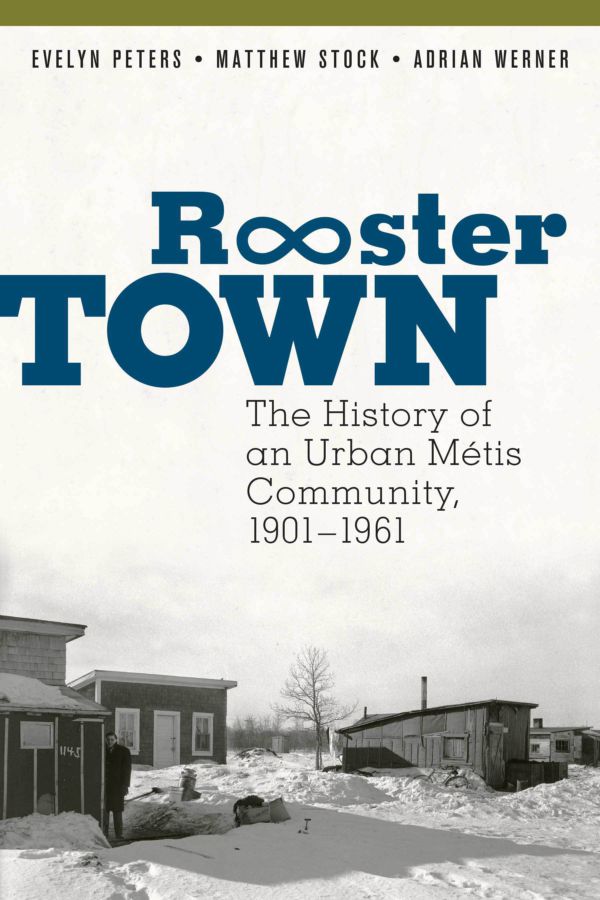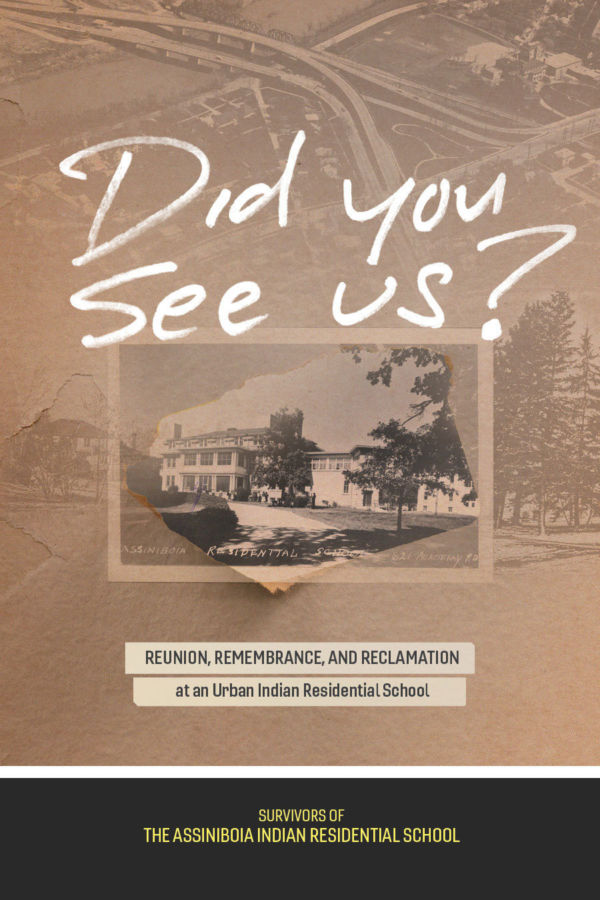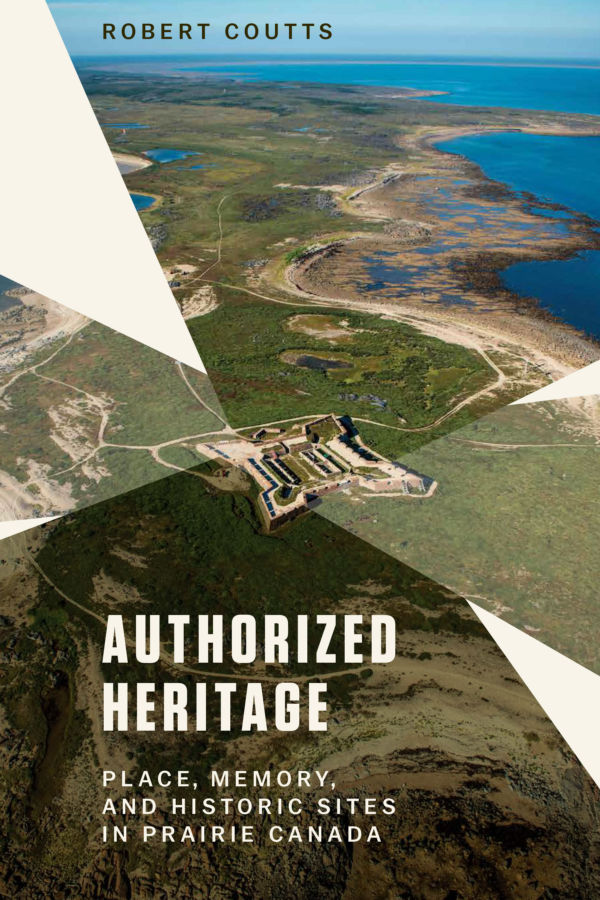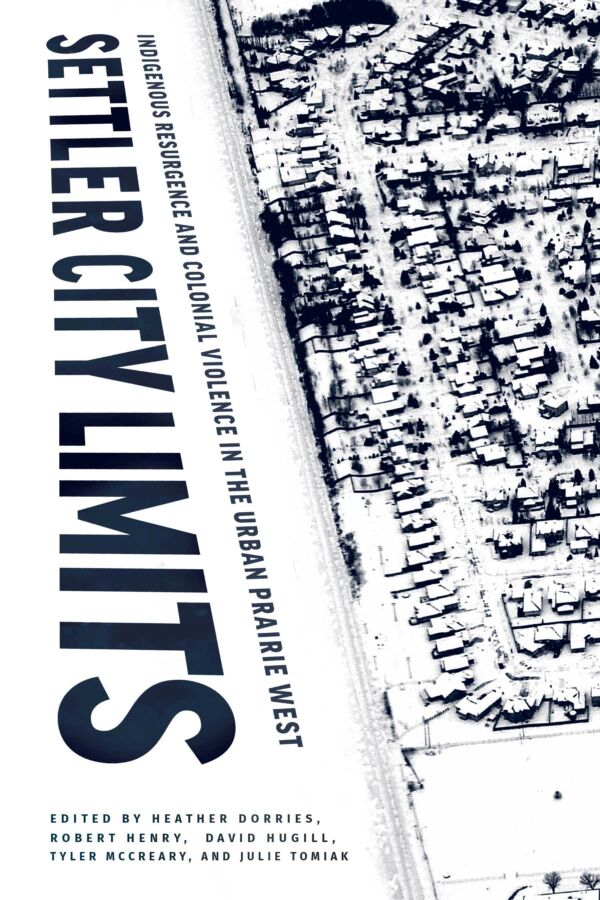Overview
Melonville. Smokey Hollow. Bannock Town. Fort Tuyau. Little Chicago. Mud Flats. Pumpville. Tintown. La Coule. These were some of the names given to Métis communities at the edges of urban areas in Manitoba. Rooster Town, which was on the outskirts of southwest Winnipeg endured from 1901 to 1961.
Those years in Winnipeg were characterized by the twin pressures of depression, and inflation, chronic housing shortages, and a spotty social support network. At the city’s edge, Rooster Town grew without city services as rural Métis arrived to participate in the urban economy and build their own houses while keeping Métis culture and community as a central part of their lives.
In other growing settler cities, the Indigenous experience was largely characterized by removal and confinement. But the continuing presence of Métis living and working in the city, and the establishment of Rooster Town itself, made the Winnipeg experience unique. Rooster Town documents the story of a community rooted in kinship, culture, and historical circumstance, whose residents existed unofficially in the cracks of municipal bureaucracy, while navigating the legacy of settler colonialism and the demands of modernity and urbanization.
Reviews
"Rooster Town challenges the lingering mainstream belief that Indigenous people and their culture are incompatible with urban life and opens the door to a broader conversation about the insidious nature of racial stereotypes ubiquitous among the broader Canadian polity."
Brenda Macdougall, Associate Professor and Chair in Métis Research, University of Ottawa
"Places like Rooster Town are known and talked about within the contemporary Métis world—everybody knows somebody whose parents or grandparents came from these types of invisible and often marginalized communities-but there has been no acknowledgment of their existence within Canadian historical, geographic, sociological, or political scholarship."
Brenda Macdougall, Associate Professor and Chair in Métis Research, University of Ottawa
"Very little is written about Indigenous urban histories. They are typically hidden, or erased, from the histories of Prairie cities, and Canadian cities generally. Rooster Town is an authoritative correction to that colonial erasure in the written record."
Ryan Walker, Professor, Geography and Planning, University of Saskatchewan.
“Winnipeg is haunted, appropriately, by Rooster Town. I am so glad we will soon have Evelyn Peters’ book to learn from and work with.”
Adele Perry, University of Manitoba
“In addition to addressing the gap in scholarship regarding Métis urban experiences, and impressive attention to detail, the real strength of Rooster Town lies in its successful dismantling of colonial narratives that depict Indigenous people as out of place in modern urban society.”
Chantal Fiola, Transmotion
About the Authors
Table of Contents
Ch.1 Settler Colonialism and the Dispossession of the Manitoba Métis
Ch.2 The Establishment and Consolidation of Rooster Town, 1901-1911
Ch.3 Devising New Economic and Housing Strategies: Rooster Town during the First World War and After, 1916-1926
Ch.4 Persistence and Community: Rooster Town During and After the Great Depression, 1931-1946
Ch.5 Stereotyping, Dissolution, and Dispersal: Rooster Town, 1951-1961






